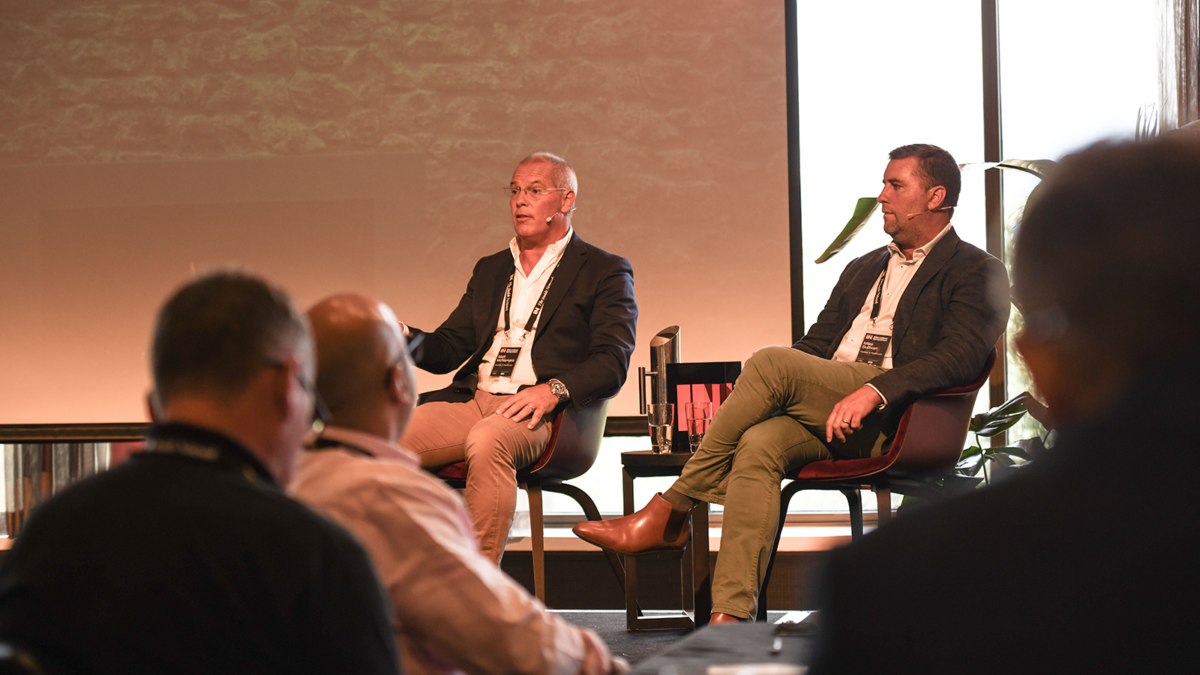-
Sort By
-
Newest
-
Newest
-
Oldest
The retirement advice specialists have teamed up with the association to bring greater levels of financial literacy to more Australians. It comes more than a year after the successful merger of the ASA with the Australian Investors Association.
With markets at all-time highs and term deposits paying 5 per cent, the focus needs to shift away from relative returns and back towards positioning for “consistent, absolute” returns that accommodate present market risks.
The benefits of alternative investments are clear, but rapid growth in the product set has made the optimal use of alternatives in portfolios unclear. As markets reach all-time highs, it may be time to re-think how we treat the asset class.
Lazy portfolios can be overconcentrated, overdiversified, full of yesterday’s winners, devoid of structured asset allocation, full of misallocated positions or agnostic to markets and client expectations. All of this is happening more than it should.
It seems that while the older generations may be tilting towards simplification, the younger generations are looking for control and engagement. For financial advisers, this is a trend worth noting.
Most advisers know the value of changing their language when switching from industry speak to client discourse, but many still fall into the trap of distancing themselves from clients by using jargon and buzzwords.
To make advice work, advisers need to home in on the centre of their business proposition, sometimes at the expense of their better intentions.
Retirement’s approach requires a profound change in how investors approach markets and construct portfolios, including arranging their income needs around three distinct periods of retired life, the financial advice firm’s founders said.
When a client posed the question to Wattle Partners adviser Drew Meredith it caught him off guard: “Am I good client?” they asked. “How could I be better?”
Australians are retiring much later and with more in their retirement coffers than ever before, according to the ABS, with a confluence of factors behind the trend.














